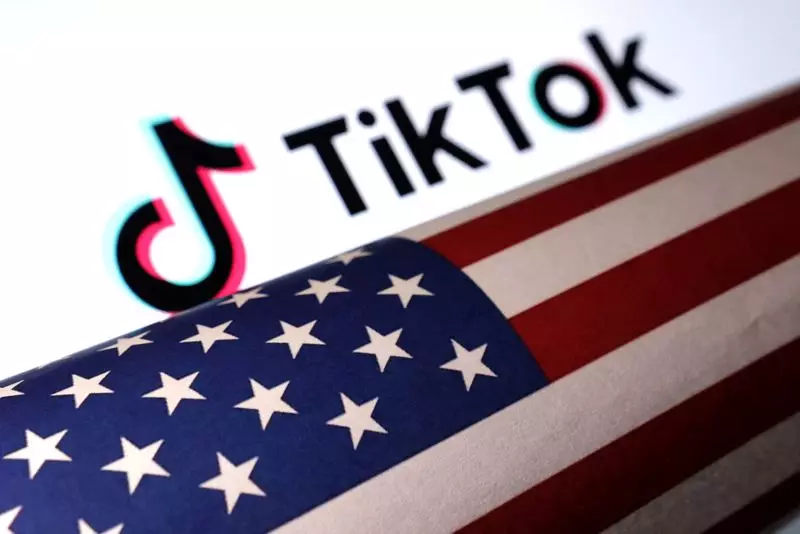In a dramatic turn of events, TikTok faced a temporary suspension of its services across the United States, following a Supreme Court ruling that upheld a legislative ban on the app due to its ownership ties with China. The ruling has raised alarm amongst lawmakers and citizens alike, with fears that the popular platform could potentially be exploited by the Chinese government for surveillance or propaganda purposes. However, just hours after going dark, TikTok began restoring access to its services, showcasing the platform’s resilience and the complexities involved in its operational landscape in the U.S.
The reinstatement of TikTok’s services was met with vocal support from President-elect Donald Trump, who vowed to “save” the platform as he steps back into political power. During a rally, he emphasized the necessity of preserving TikTok, underscoring a sentiment shared by many of its 170 million American users. Trump’s commitment indicates a strategic pivot in the political discourse surrounding technology and foreign ownership, as he hinted at the implementation of an executive order once he assumes office that could grant TikTok additional time to negotiate an acquisition by U.S. investors.
Several high-profile entities have emerged as potential suitors for TikTok, highlighting the intense interest in the platform. Notable figures in the technology and business landscape, including Tesla CEO Elon Musk, have been mentioned as likely candidates for acquisition, particularly if they align with Trump’s call for at least 50% U.S. ownership. Furthermore, Amazon has been speculated as a strategic fit for the app due to its enormous e-commerce footprint. The interest from diverse parties points to the app’s value as not merely a social media entity, but as a significant asset within the digital economy.
Despite the fears of a potential ban, analysts suggest that public sentiment might lean against such drastic measures, which could deter lawmakers from implementing a complete shutdown of the platform. Firms like Wedbush have expressed skepticism regarding the feasibility of a total ban, anticipating a flurry of behind-the-scenes negotiations involving strategic buyers who recognize TikTok’s market potential. This dynamic portrays a landscape where financial interests may significantly influence legislative actions, presenting a unique interplay between politics, commerce, and public opinion.
The unfolding situation surrounding TikTok in the U.S. encapsulates the broader challenges and opportunities facing social media platforms today. As lawmakers wrestle with national security concerns and economic interests collide with regulatory measures, TikTok’s fate serves as a case study in the complexities of global business operations within a politically charged framework. While the company continues to navigate this challenging terrain, it remains clear that its future hinges on both political will and market dynamics, creating a fascinating narrative in the evolving saga of technology and governance in the digital age.

